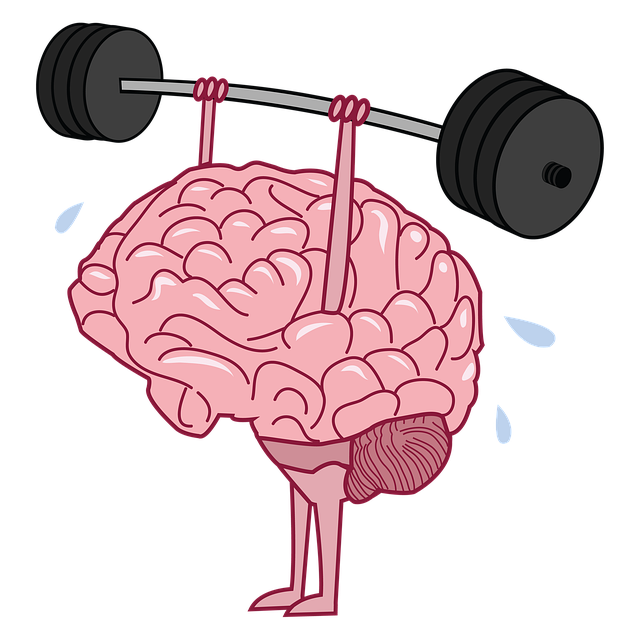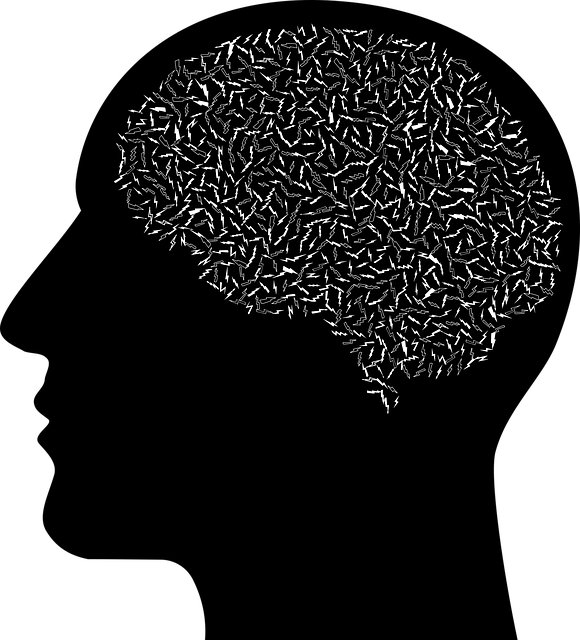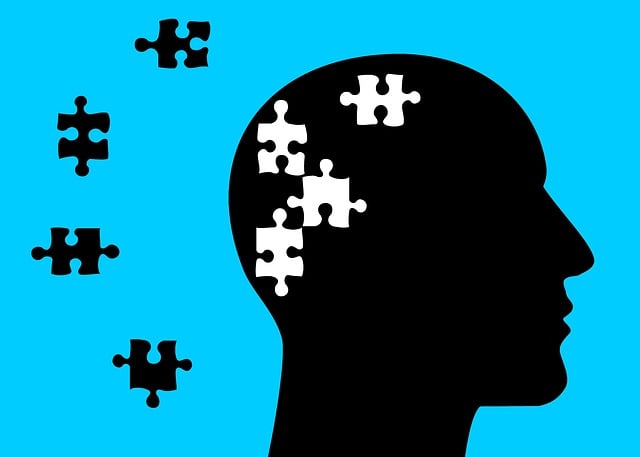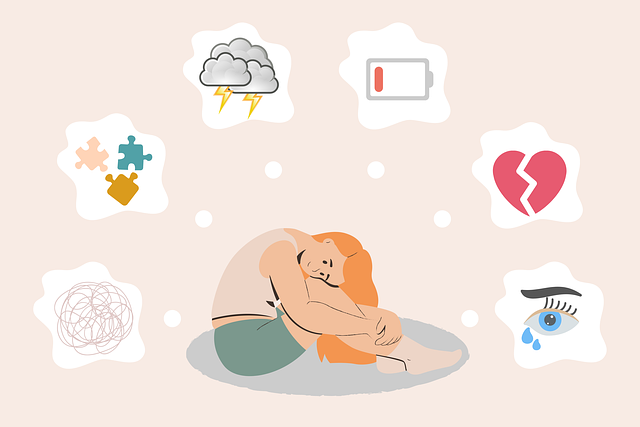In Boulder, culturally sensitive mental healthcare is paramount, especially for chronic illness therapy. Therapists must recognize and value clients' cultural contexts, beliefs, and values to enhance therapeutic outcomes. Overcoming challenges like language barriers and differing perceptions of mental health requires flexible approaches, including crisis intervention and tailored empathy-building techniques. Boulder Chronic Illness Therapy prioritizes open communication, safe spaces, and respecting individual cultural backgrounds to deliver holistic care that bridges gaps, promotes wellness, and empowers clients.
In today’s diverse society, cultural sensitivity in mental healthcare is paramount. This article explores the crucial role of understanding and navigating cross-cultural therapy, delving into the challenges and barriers that practitioners face. We present strategies for fostering culturally sensitive care at Boulder Chronic Illness Therapy, a leading example of how to adapt services to meet the unique needs of various patient backgrounds. By embracing these practices, mental health professionals can provide more effective and inclusive support.
- Understanding Cultural Sensitivity in Mental Healthcare
- Challenges and Barriers in Cross-Cultural Therapy
- Strategies for Practicing Culturally Sensitive Care at Boulder Chronic Illness Therapy
Understanding Cultural Sensitivity in Mental Healthcare

In the realm of mental healthcare, cultural sensitivity is a game-changer, especially in diverse communities like Boulder, where chronic illness therapy plays a vital role. It involves recognizing and appreciating the unique cultural contexts, beliefs, and values that shape individuals’ experiences with mental health issues. Mental health professionals must understand that what works for one patient may not be effective for another, depending on their cultural background. For instance, building empathy through emotional intelligence and employing tailored empathy-building strategies can significantly enhance therapeutic outcomes.
By integrating cultural sensitivity into practice, therapists in Boulder Chronic Illness Therapy can conduct thorough risk assessments for mental health professionals to navigate potential challenges. This includes understanding cultural norms around expressing emotions, seeking help, and coping mechanisms. Such an approach ensures that therapy is not just culturally competent but also respectful and inclusive, fostering a safe space where clients feel understood and supported throughout their healing journey.
Challenges and Barriers in Cross-Cultural Therapy

In the realm of mental healthcare, cultural sensitivity is paramount to ensuring effective treatment and support for a diverse range of clients. However, navigating cross-cultural therapy presents several challenges and barriers that professionals must be aware of. One significant hurdle is the potential for miscommunication due to language differences, which can hinder the therapeutic process. For instance, nuances in verbal and non-verbal communication styles across cultures may lead to misunderstandings, impacting the client’s comfort and engagement in treatment.
Moreover, different cultural beliefs and values can influence perceptions of mental health and illness, leading to diverse expectations from therapy. Some communities may view mental health issues through a lens of spiritual or familial dynamics, requiring therapists to adapt their approaches and incorporate compassion cultivation practices, such as mindfulness and empathy-building exercises, alongside traditional Boulder Chronic Illness Therapy techniques. Effective cross-cultural therapy necessitates a flexible and nuanced approach, encompassing crisis intervention guidance and robust risk management planning tailored to the unique needs of each client.
Strategies for Practicing Culturally Sensitive Care at Boulder Chronic Illness Therapy

At Boulder Chronic Illness Therapy, we recognize that cultural sensitivity is paramount to providing effective mental healthcare. Our strategies for practicing culturally sensitive care involve deeply understanding and respecting individual cultural backgrounds, beliefs, and values. We actively engage in open communication to create a safe and non-judgmental space, ensuring clients feel heard and understood. By incorporating the client’s cultural context into therapy sessions, we tailor our Resilience Building and Emotional Well-being Promotion Techniques to meet their unique needs.
Additionally, we equip ourselves with knowledge of diverse communities’ specific challenges and strengths. This enables us to employ appropriate Conflict Resolution Techniques, fostering a collaborative environment that respects cultural differences. Through these efforts, Boulder Chronic Illness Therapy strives to deliver holistic care that bridges cultural gaps, enhances treatment outcomes, and empowers clients on their journey towards healing and wellness.
In conclusion, cultivating cultural sensitivity in mental healthcare is paramount, especially at institutions like Boulder Chronic Illness Therapy. By understanding diverse cultural contexts and overcoming barriers in cross-cultural therapy, practitioners can provide more inclusive and effective care. Implementing strategies that promote cultural competency ensures that every patient receives respectful, sensitive treatment tailored to their unique background. This approach not only enhances therapeutic outcomes but also fosters a more harmonious relationship between healthcare providers and diverse communities.














